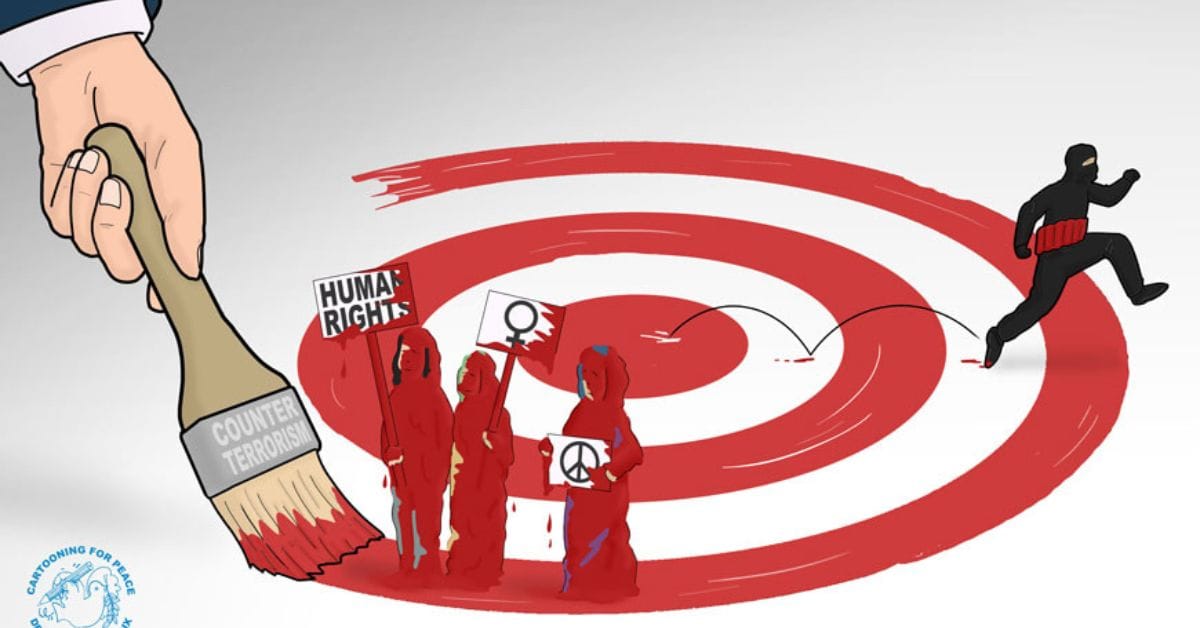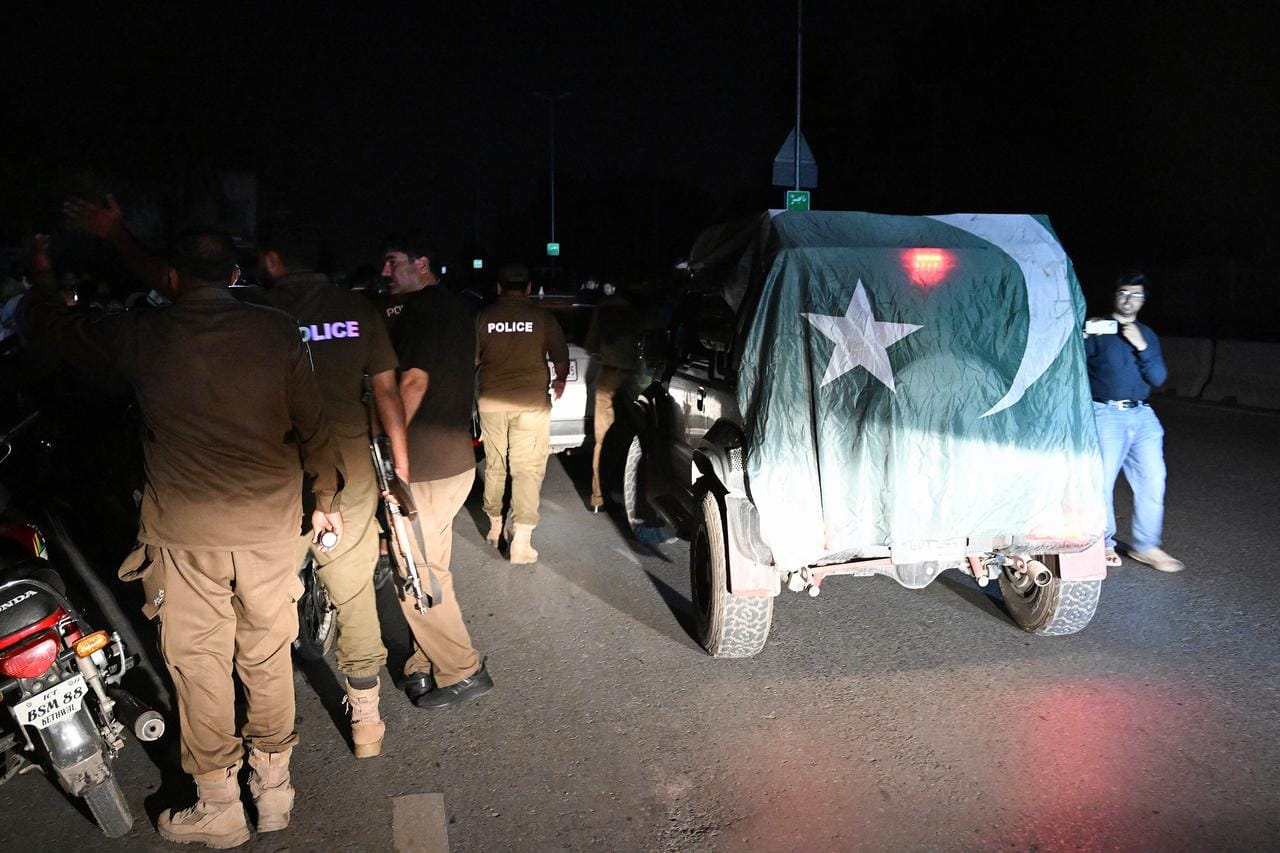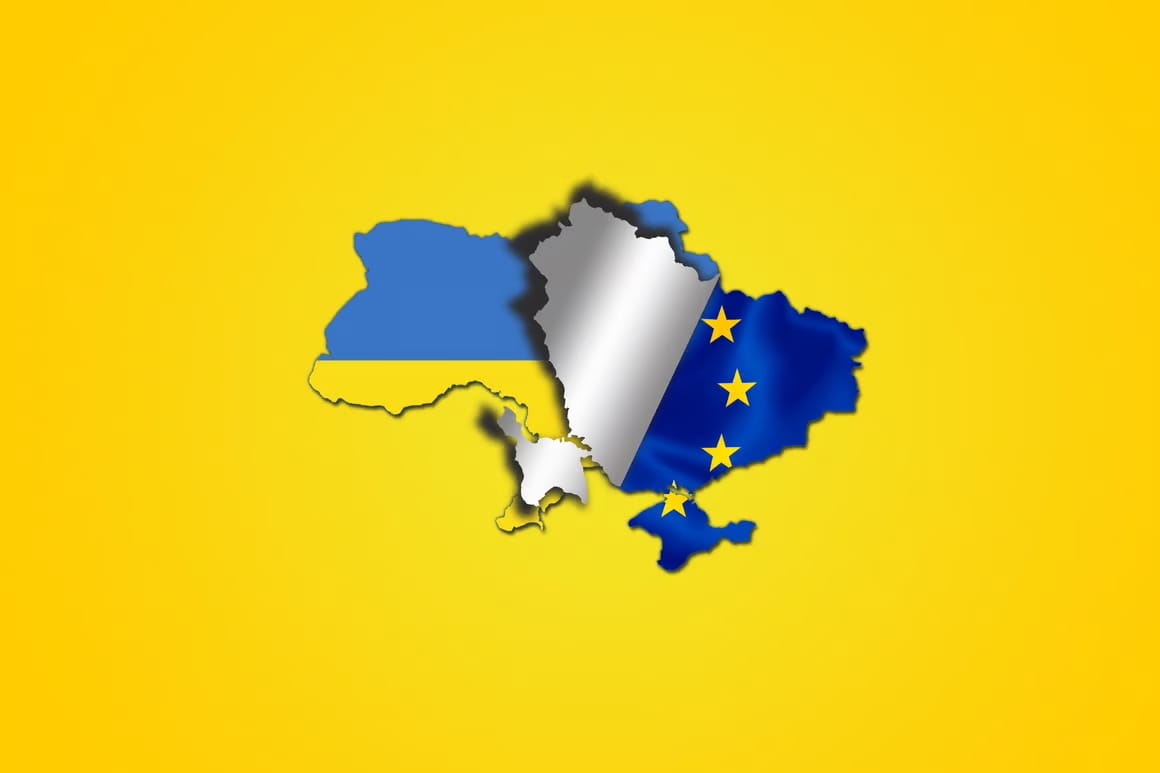Jaggar’s work on terrorism, titled What Is Terrorism, Why Is It Wrong, and Could It Ever Be Morally Permissible, will be analysed to examine how the author concludes on these questions. Additionally, we will explore other articles to support or critique the perspectives presented by Jaggar and other authors on the topic. Webster’s Dictionary defines “Terrorism” as the use of terror and violence to intimidate and subjugate, especially as a political weapon or policy, and as the intimidation and subjugation so produced. It is generally agreed that the immediate purpose of terrorism is to create a climate of terror. Thus, acts of terror are often marked by a concern for symbolic and dramatic effect; tumbrils rolling toward the guillotine were a powerful spectacle. As nineteenth-century anarchists put it, terrorism is “propaganda by the deed.”
The author has evaluated and concluded the article by examining that terrorism is undoubtedly atrocious but being horrific does not immediately imply that something is forbidden in all situations; rather, it just means that the burden of proof for anybody attempting to defend its moral legality is extremely high. According to the definition, terrorism involves using threatening acts of violence against vulnerable individuals as a tool to further the interests of others. However, the majority of those who think that war can sometimes be justified also think that it can sometimes be morally acceptable to threaten and intentionally cause harm to innocent civilians as well as to use some people as means to another person’s ends; this kind of thinking is ingrained in the doctrine of double effect, for example, as well as the phrase “necessary evil.”
References
Jaggar, A. M., 2005. What Is Terrorism, Why Is It Wrong, and Could It Ever Be Morally Permissible?. Journal of social philosophy, 36(2), pp. 202-217.
Jackson, R. (2009). Constructing enemies: ‘Islamic terrorism’ in political and academic discourse. Government and Opposition, 44(3), 293-314.
Kutz, C. (2005). Terrorism and international justice. Philosophy & Public Affairs, 33(2), 113-144.
Miller, D. (2013). Terrorism and anti-terrorism: A normative and institutional analysis. Philosophy & Public Affairs, 41(3), 209-249.
Walzer, M. (2012). Terrorism: A critique of excuses. In J. Sterba (Ed.), Terrorism and international justice (pp. 69-82). Oxford: Oxford University Press.
Crenshaw, M. (1981). The Causes of Terrorism. Comparative Politics, 13(4), 379-399.
Hoffman, B. (1998). Inside Terrorism. Columbia University Press.
All the views and opinions expressed are those of the author. Image Credit – Council of Europe.
About the Author
Jaiee Ashtekar holds a bachelor’s degree and a master’s degree in political science from the University of Mumbai. She holds a post-graduate diploma in international relations from the University of Strathclyde, United Kingdom (UK). She has done projects titled “Kashmir through Political Perception” and “Water issues between India and Pakistan.”



